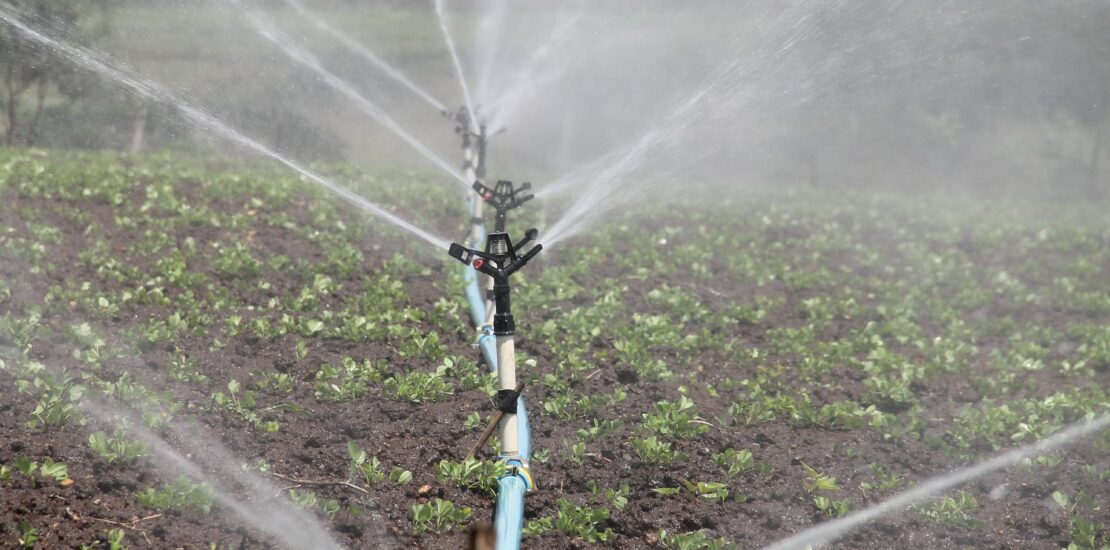- September 13, 2020
- Posted by: guyadmin
- Category: Energy & Water Management

A new study named “Grand theft water and the calculus of compliance”, which was published towards the end of August in the English journal “Nature Sustainability”, describes a wide global issue of water theft on a massive scale: between thirty and fifty percent of the world’s water.
The researchers who conducted the research, argue that although instinctively we don’t tend to perceive water as a limited resource, the practical reality is that H2O amounts are finite, and in many places a scarce one. In their view, such a reality of scarcity makes water theft a serious problem that needs to be addressed and yet, they blame world governments in not doing enough to gain control over the issue.
The researchers based their research on the agricultural industry, which is now considered the largest water consumer in the world (seventy percent of the world’s water is consumed by it). They focused on three major agricultural industries: marijuana in California, strawberries in Spain, and cotton in Australia, which are all intensive water-consuming industries. In these cases, despite all the risks, water theft is much more profitable than following local regulations. The condition is created due to farmer’s anxiety over future rainfall amounts and complaints about placing the importance of environmental water resources protection over economic needs.
According to the research, Australia has ongoing cases of non-compliance with water regulations, by cotton growers who feel they’re being limited from utilizing natural water resources. In Northern California, where in some areas marijuana is legally grown, the low chance of water theft being detected makes it a “rational agricultural act.” In Spain, strawberries are grown in ecologically sensitive areas and protected swamps, growers steal water from natural water resources, under the expectation that even if they get caught, they will face few consequences if any at all. The theft of water in Spain has become an accepted routine, which over time led to acts of violence against authorities trying to enforce law protect water resources.
Following these cases, the researchers point on political, legal and institutional inaction of world governments by failing to understand the regulatory value of water. According to them, the penalties for water theft are not significant enough and therefore increase the risk of theft. Researchers ultimately call governments to demand cooperation from local authorities, raise awareness of the problem and expose the public to the long-term damage that may be caused to our natural water resources.
